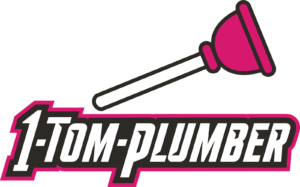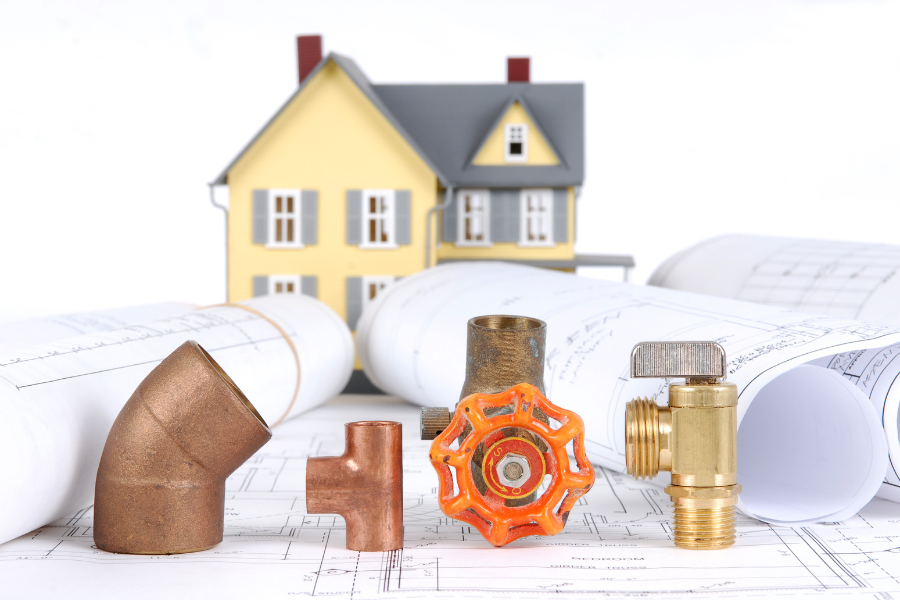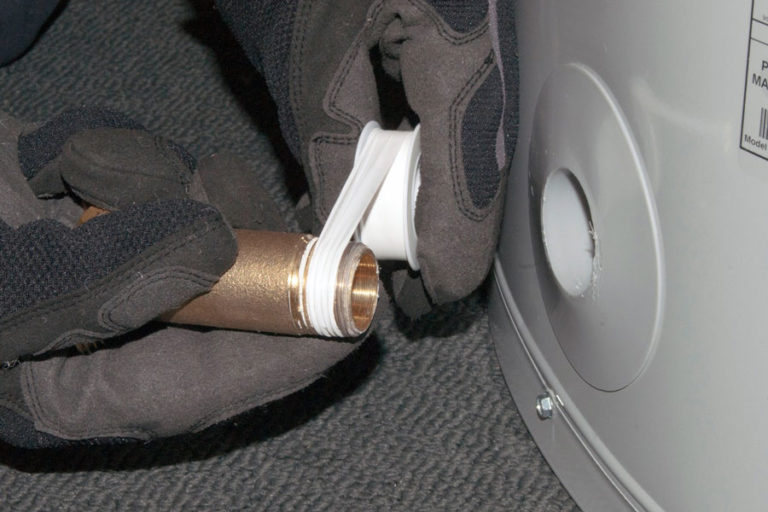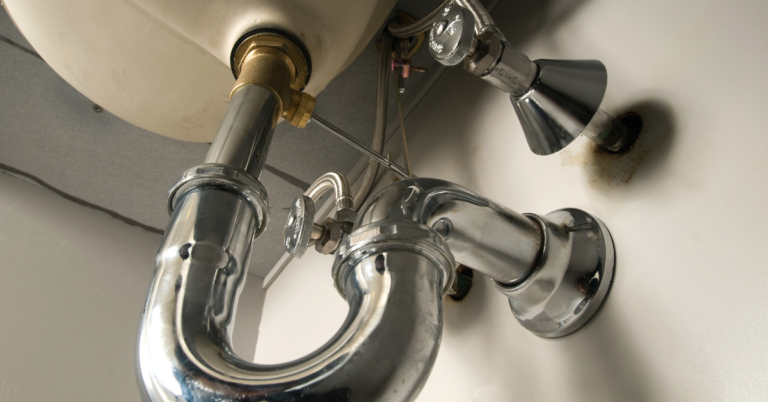Household Plumbing (How to Make Yours More Efficient)
Your household plumbing can be highly efficient in more ways than one. On average, many homes use a lot more water than they really need to.
Do you wonder what it would be like to not use so much water and still live comfortably? I know the thought of a lower water bill excites us all. Therefore, don’t hold back from taking these tips into consideration for your home!
Install Faucet Aerators
You may be wondering what faucet aerators are. Faucet aerators are screens that are put in at the end of the faucet. They are an advantage to your household plumbing because they reduce the amount of water that comes out of the faucet and better controls the stream.
For the sinks in your home, faucet aerators are something small that you can apply to save water and drive that water bill down. Although it’s not something that you would typically think about when trying to save water, it definitely helps.
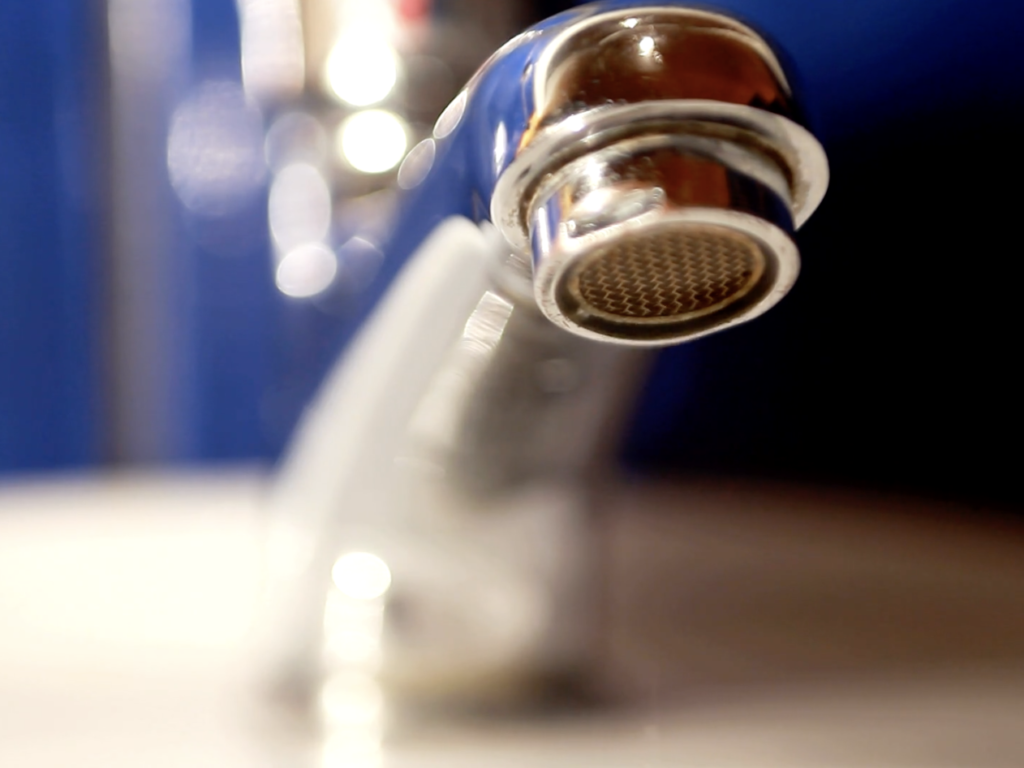
Invest in a New Low-Flow Toilet
Low-flow toilets use much less water than any other toilet. It all comes down to the gallons per flush (GPF). Before the low-flow toilet came along, the gallons used was 3.5 or more per flush. Today in the U.S., low-flow toilets use around 1.25 gallons per flush. That’s just about a 2 gallon difference! You save a lot of water per flush if you’re using a low-flow toilet at home.
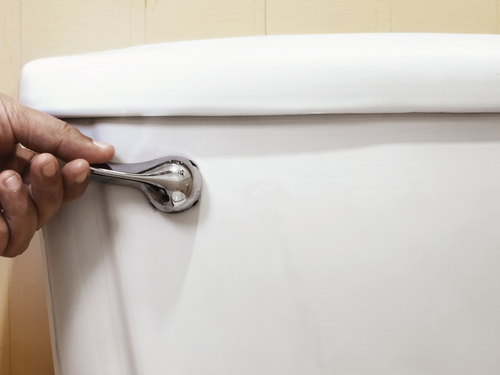
Look into Pipe Insulation
There is a lot more that pipe insulation can do for your home besides keep your pipes from freezing. Have you ever thought about insulating your hot water supply? Heat can be lost when traveling from the heater to the faucet.
Have you ever been in that situation where you turn the hot water faucet handle on and you wait several minutes before the water starts to get warm? Well, this is why insulating your hot water supply could help. When using hot water then turning the faucet off, the insulation will help keep it from cooling off so much. This is beneficial because when you go to turn the hot water back on again, it will become warmer quicker. You will be wasting less water by not waiting several minutes waiting for it to get warm.
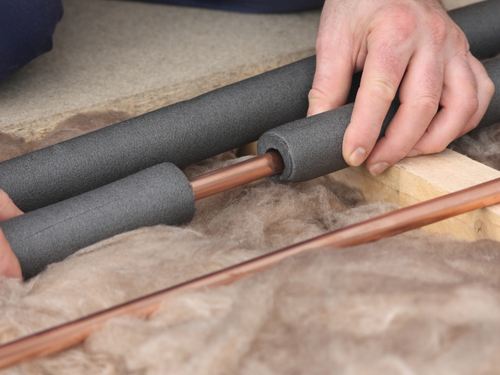
Collect Greywater for Outdoor Use
Greywater is water that has been lightly used from appliances attached to your household plumbing. Greywater does not include water from your toilet because it comes into contact with human waste. Good examples of greywater would be water from your bathroom sinks, tubs, showers, or your washing machine.
Greywater collection is a great way to reuse the water that was not of much use inside your home. Your garden will love this, especially if you are an avid gardener and could use the extra water without the higher bill that comes along with it.
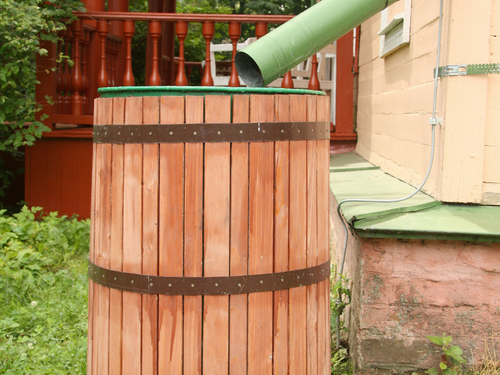
Install a Tankless Water Heater in Your Home
A traditional water heater typically holds around 40 gallons of water. There are water heaters that hold more. There are some disadvantages of a traditional water heater. The main point is that water heaters consume a ton of energy just to keep the water hot even when it’s not in use. What is the point of keeping the water in your heater hot if you’re not using it, especially when you’re away for work or even sleeping?
That’s where tankless water heaters come in handy for household plumbing efficiency. These water heaters instantly heat water as it runs through the device. They have a heat-exchanger coil that heats the water to your hot water supply line. You can only imagine how much energy this is saving your home. Hot water should only be provided when you need it!
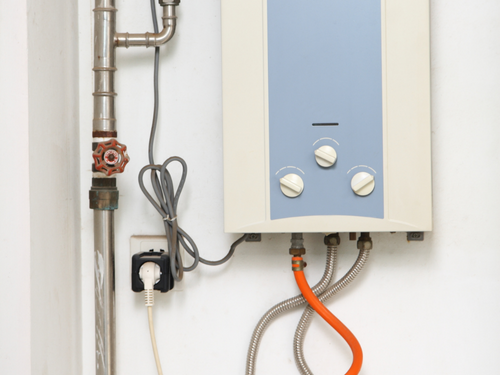
PEX Pipe Replacement
Have you ever heard of PEX pipe? It is recommended for use in household plumbing over copper or PVC and CPVC because they are less prone to being damaged and are typically easier to work with. Using copper or PVC or CPVC pipe in residential homes is most common. There is nothing wrong with this type of pipe, but if you ever need pipes replaced, replace them with PEX. This will help improve your plumbing system overall.
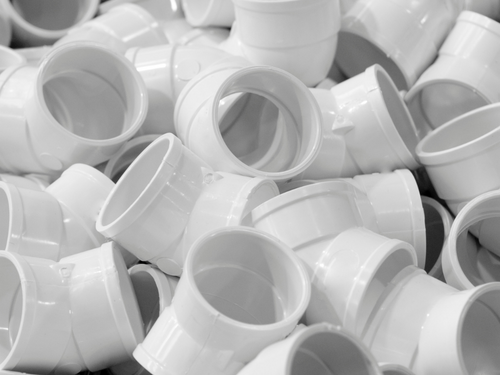
Final Thoughts
In conclusion, you can improve your household plumbing efficiency in several ways, big or small. Implementing these into your home can help you keep costs down by limiting your water and energy usage.
Call 1-Tom-Plumber
Don’t hesitate to contact us here or call us at 1-Tom-Plumber (1-866-758-6237) if you need any plumbing, drain cleaning, water damage, or excavation service. 1-Tom-Plumber’s certified team of plumbers and drain technicians respond immediately to any emergency plumbing, drain cleaning, or water damage problem.
We also handle the excavation of underground water lines and sewer main lines. Our immediate-response team is available every day and night of the year, even on holidays.
